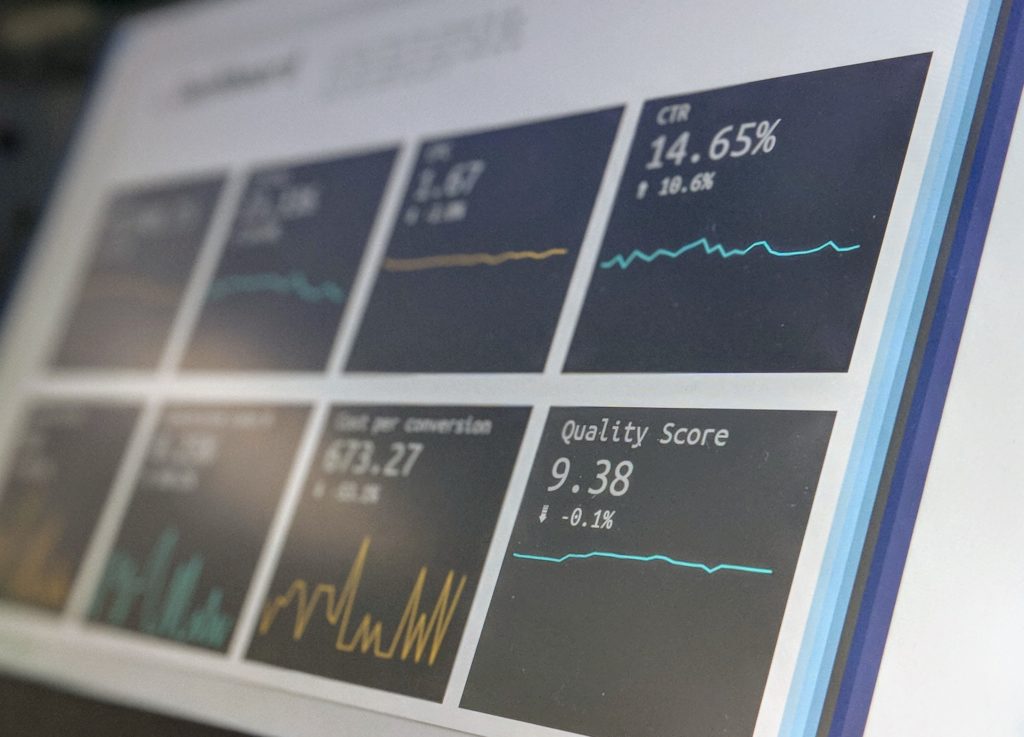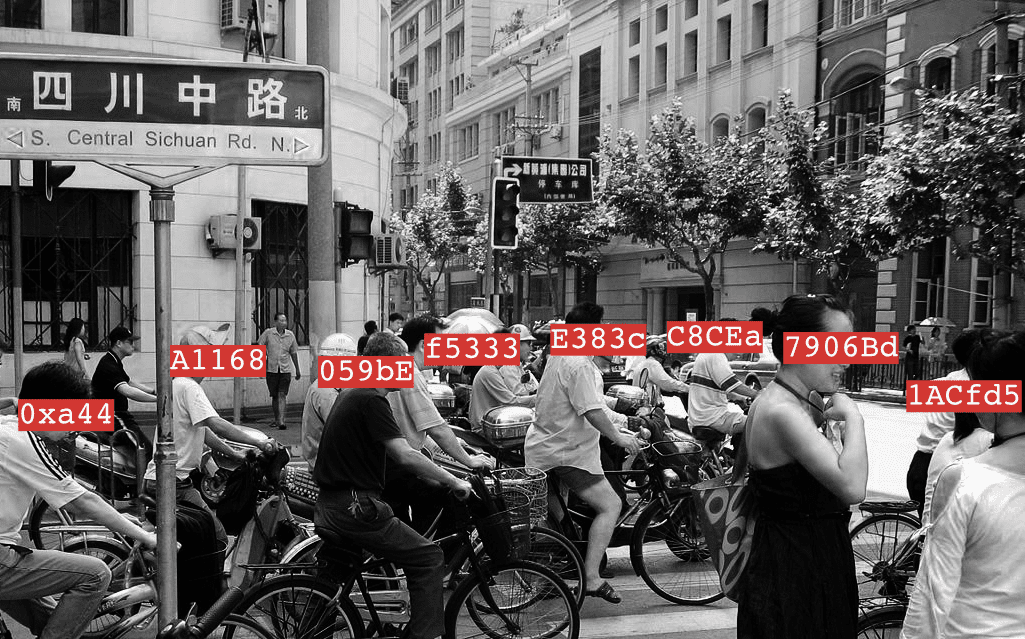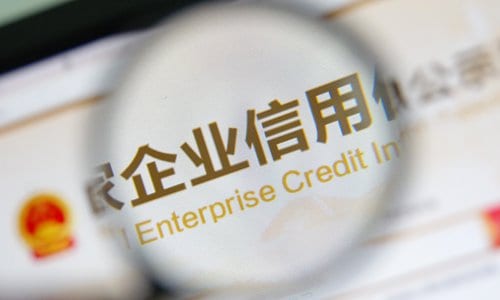While China was still consolidating the corporate social credit score (CSCS) system for companies, the outbreak of COVID-19 has interrupted all non-core business activity during the first quarter of 2020. In order to prevent contagion, various authorities have adopted a number of measures such as lock downs and road closures, which have impact on business continuity and normal operations of enterprises in all economic sectors.
Here is what we can share at the date of this article:
1. As part of the package of measures to support activity after outbreak of COVID-19, in case of default on taxes, the principle is to grant exemption during the outbreak. Chinese government at central level issued various policies to ensure that CSCS of enterprises will not be impacted by defaults caused by outbreak. To avoid record of tax default, tax payment for Feb 2020 are in theory postponed to Feb 28, 2020. Places severally hit by outbreak such as Hubei may postpone further in accordance with local situation, subject to provincial tax bureau’s decision. Taxpayers who still suffer economic difficulties after the end of such extension period, can apply with local competent tax authority for further delay[1].
2. In case of default on payment on social security contribution, exemption may be granted too. Companies that failed to complete their payment on time shall be allowed to pay within 3 months after the end of COVID-19 outbreak[2] (although details of how you qualify for exemption is debated as practically social contribution payment is taking place automatically and suspension of payment is practically almost impossible to put in place). Failure to pay social contribution on time will not adversely affect the company’s social credit score.
3. To implement and further interpret the central-government policy, many local authorities issued local regulations.
- Beijing
The negative credit records of SMEs due to the epidemic situation shall not be included in the municipal public credit information system for the time being[3].
- Shanghai
Due to the company’s participation in epidemic prevention work, discredit conducts such as delayed delivery and deferred repayment of loans etc., shall not be recorded as bad credit record[4].
Actively assist companies that have been affected by the epidemic and carry out credit repair work. For those enterprises that have temporarily lost their income source due to the epidemic, they can submit credit records according to adjusted repayment arrangements. For enterprises affected by the epidemic that are unable to perform on time or to fulfill international trade contracts, Shanghai CCPIT shall issue force majeure proof[5].
- Jiangsu Province
For companies affected by the epidemic, credit repair mechanism shall be adopted to help companies reshape their credit and avoid the risk of untrustworthiness[6].
For violations caused by force majeure in service industries such as tourism and catering etc., authorities shall instruct and help enterprises to repair its bad credit record. Service companies that have been severely affected by the epidemic in repaying loans may submit credit records according to the adjusted repayment arrangements[7].
4. Many aspects of CSCS are still pending further clarifications from local governments, and new regulations will under all likelihood be postponed for now as local government authorities have other more pressing urgent issues to handle with COVID-19. For example, although various departments have issued policies to score all aspects of the enterprise, it is still unclear how the overarching rating mechanism works to calculate the total enterprise score in the end or how to articulate local and national calculations.
5. However, the COVID-19 doesn’t amount to a hall pass.
While mitigating the impact of the epidemic on corporate credit, some local governments have included records of violation of laws during multiple epidemics into credit management.
For example, Beijing government regulates that enterprises engage in illegal crimes during the epidemic such as driving up prices, manufacturing and selling fake and inferior medical equipment, etc, such information shall be included in the municipal public credit information system[8].
The Ministry of Human Resources and Social Security issued a notice[9] prohibiting massive layoff during the epidemic, violation of which might result in labor dispute and bad credit record.
Moreover, in addition to corporate credit management, as the individual credit report of a company’s management member may affect the corporate credit record, their behavior in the epidemic shall also be supervised.
The Supreme People’s Court has issued a notice to interpret certain illegal activities during the epidemic, and Criminal Law might be triggered[10]. For example, refusing to be quarantined, entering public areas or taking public transportation by an infected person, in the worst scenario, might constitute endangering public safety, which is a serious crime. In less severe cases, those activities will be included in his/her credit report.
Although not absolutely clear, a company’s credit score may be impacted by its business partners as well. Using force majeure excuse to help a company’s business partners in supply chain to avoid default of their contracts might mitigate the impact on the credit score of the said company itself.
6. Finally, it is also worth noting that COVID-19 may also be an opportunity for many companies that have put in place a corporate social responsibility programs to obtain rewards.Some places increase CSCS via a local reward system that gives a good credit score. As a result, for example, the Chongqing government stipulates that small and medium-sized enterprises with good credit score will be given priority under the same conditions as for procurement projects related to epidemic prevention and control[11]. In practice, currently it is unclear how the government will evaluate the weight of credit score in procurement, but this regulation shows the government’s desire to integrate the social credit system into policy development.
Although the roll over of China Corporate Social Credit Score system might be delayed or even interrupted in some cases, it remains an important piece of China policy plan and still receives extensive attention from local governments in many places. As all companies in China are affected by CSCS, they should make good preparations as early as possible to understand CSCS and maintain a good credit rating in order to gain opportunities for future development.
REFERENCES
[1] Notice on Optimizing Tax Services to Cope with COVID-19 Prevention, issued by State Tax Bureau on Jan 30, 2020
[2] Social Security Filing Work during COVID-19 Period, issued by State Human Resources and Social Security Bureau on Jan 30, 2020
[3] Measures to Support Sustainable Development of SMEs issued by Beijing Municipal Government on Feb 8, 2020. Art.3
[4] Notice on Carrying Out Credit Management and Service During Epidemic Prevention and Control, issued by of Shanghai Social Credit Construction Office on Feb 10, 2020, Art. 6
[5] Several Measures to Prevent and Control the Epidemic Situation and Support the Stable and Healthy Development of Service Companies, issued by Shanghai government on Feb 8, 2020
[6] Policies and Measures to Support SMEs to Alleviate the Impact of New Coronavirus Infection and Pneumonia and Maintain Stable and Healthy Development, issued by Jiangsu Provincial Government on Feb 12, 2020
[7] Ten policy opinions on supporting service companies to cope with pneumonia epidemic, issued by Suzhou municipal government
[8] Measures to Support Sustainable Development of SMEs issued by Beijing Municipal Government on Feb 8, 2020
[9] Notice on Properly Handling Labor Relations During the Prevention and Control of Pneumonia Epidemic of New Coronavirus Infection, issued by the Ministry of Human Resources and Social Security, dated Jan 24, 2020
[10] Notice on Distributing Opinions on Punishing Illegal Crimes against COVID-19 Prevention, issued by the Supreme People’s Court, Supreme People’s Procuratorate, Ministry of Public Security and Ministry of Justice, dated Feb 10, 2020
[11] Twenty Policy Measures on Responding to the Pneumonia Epidemic of New Coronavirus Infection and Supporting SMEs, issued by Chongqing government on Feb 5, 2020
If you would like to know more about our experience or share your best practice, please contact:
Gregory Louvel. g.louvel@leaf-legal.com
Bruno Grangier. b.grangier@leaf-legal.com
To know more about your experiences in Compliance including Corporate Social Credit compliance program, please check our track-record.












